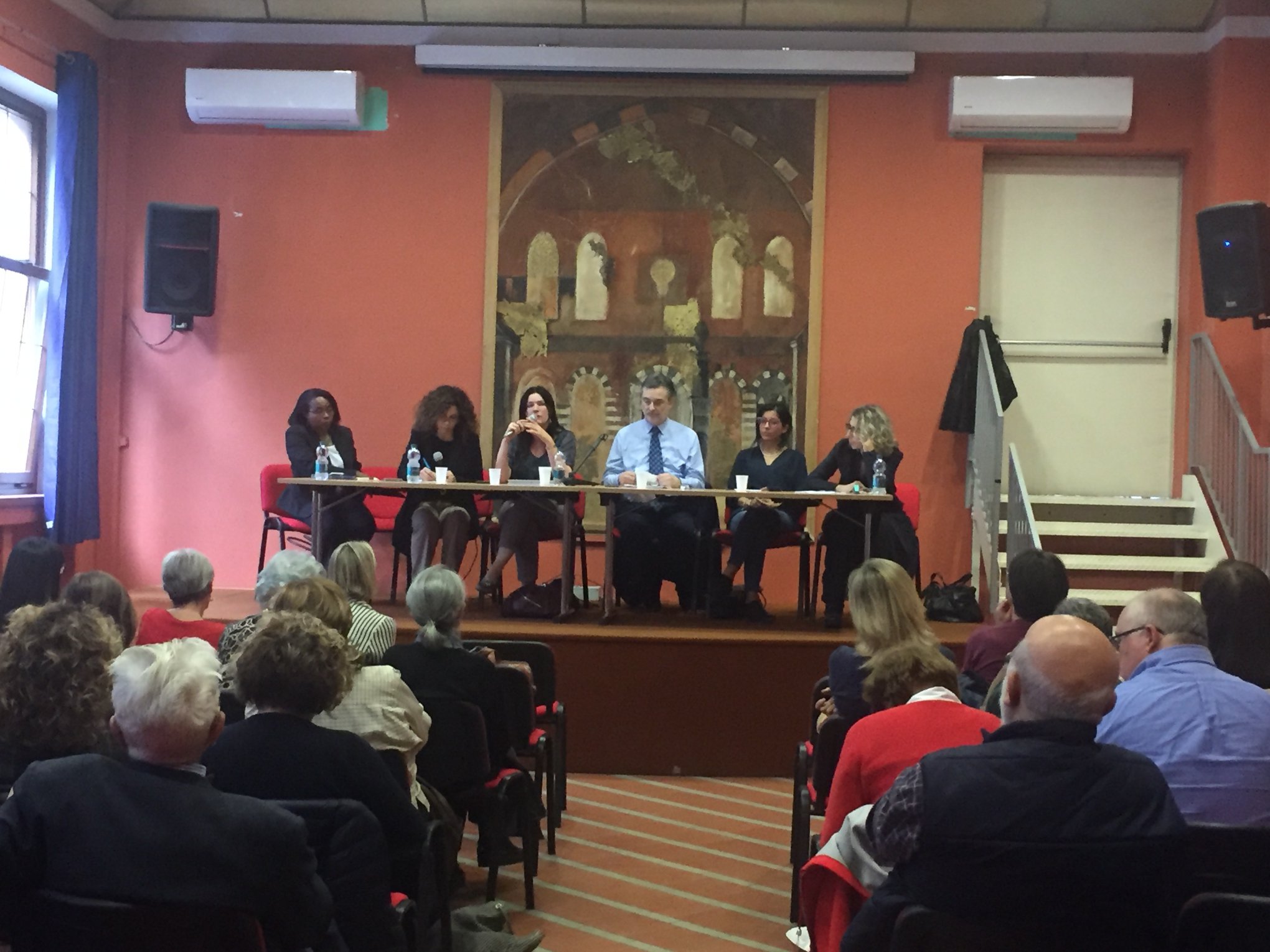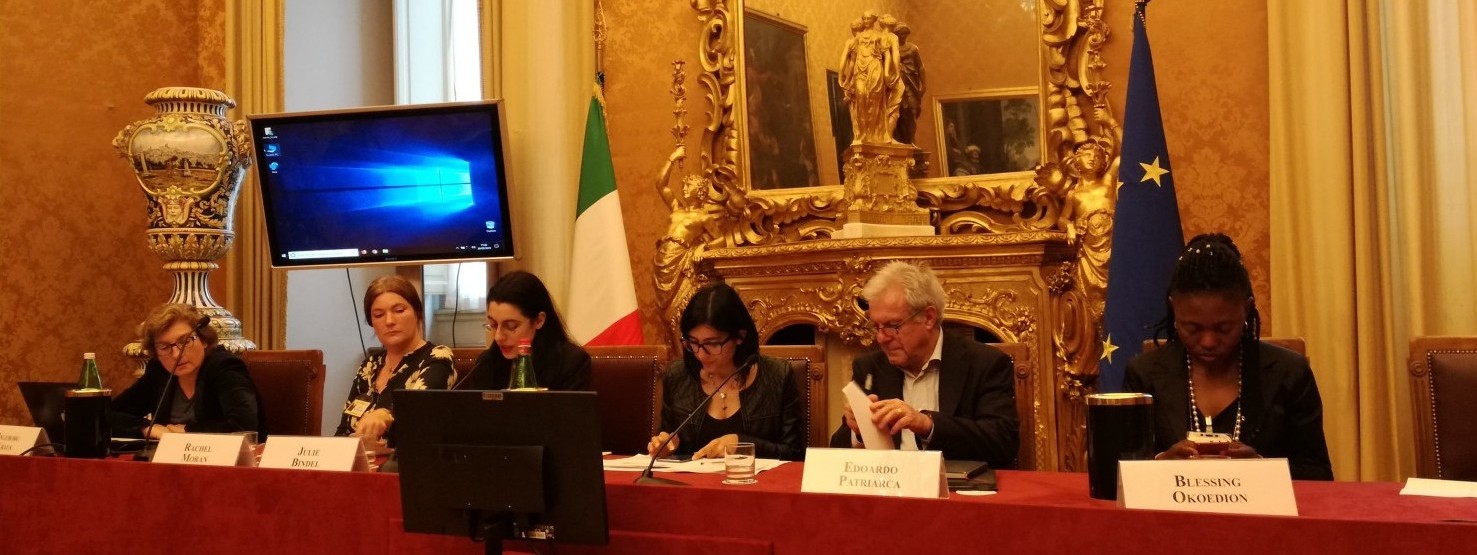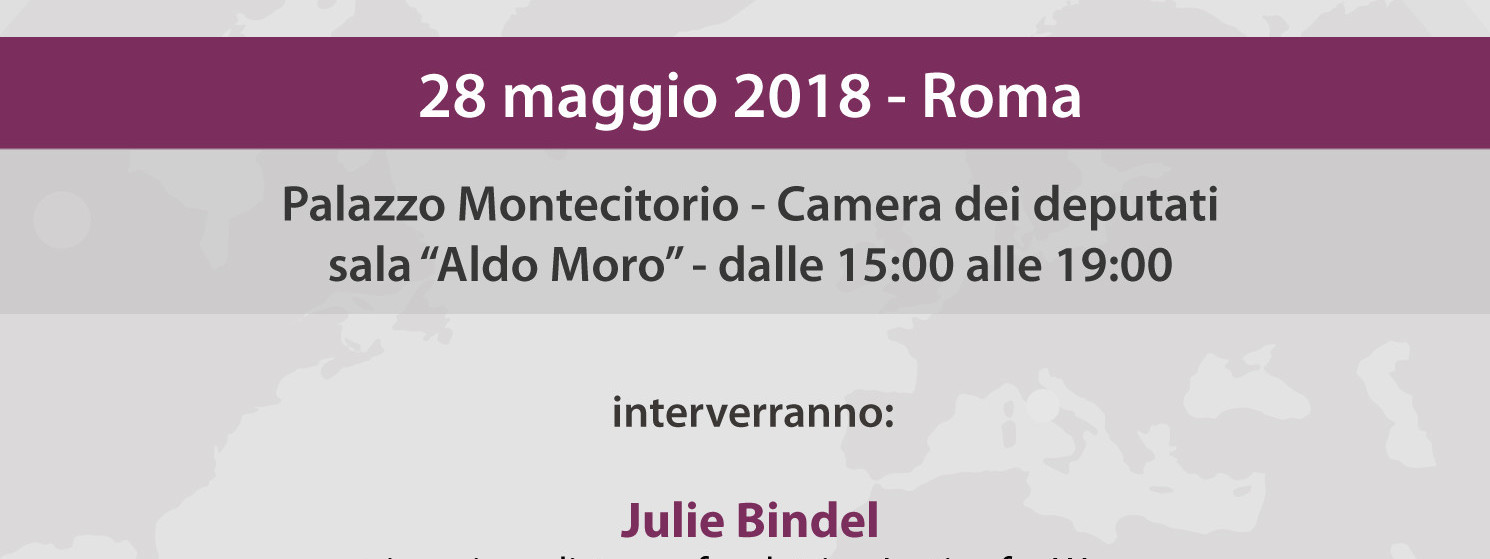It took Rachel Moran 10 years to write her book Paid For: My Journey through Prostitution, where she recounts not only the seven years she spent in prostitution, but also offers an extremely thought-provoking and profound analysis of the phenomenon of prostitution itself, where various forms of social discrimination overlap. Discrimination based on gender and race is rife and disproportionately affects women, often the most vulnerable and marginalised in society. Having made this observation and reflection, the idea for her book was born, and the book itself, along with Moran’s activism, has become a political tool in the fight against prostitution.
“I’ve never heard a statistic as as the Canadian situation,” Moran tells us, “where 56% of prostituted women are indigenous Canadian, but only 6% of the nation is indigenous Canadian, as so of course only 3% of the nation is indigenous female Canadian. So we’re talking about more than half of the prostituted population drawn from just 3% of society. You can’t look at stats like that and not see that racism is running right through prostitution in multi-racial societies. A friend of mine who runs a facility in Minnesota, year on year deals with around 70% young African American girls, but this is in a state whose population is only 10% African American.”



